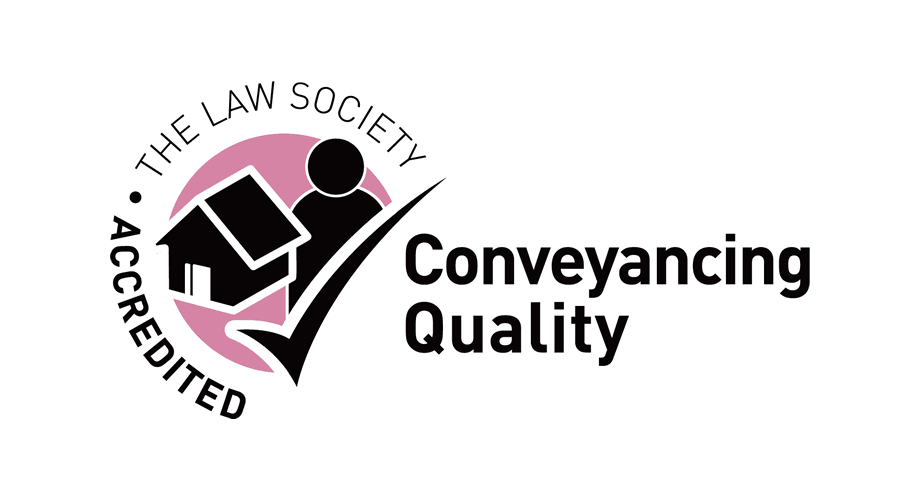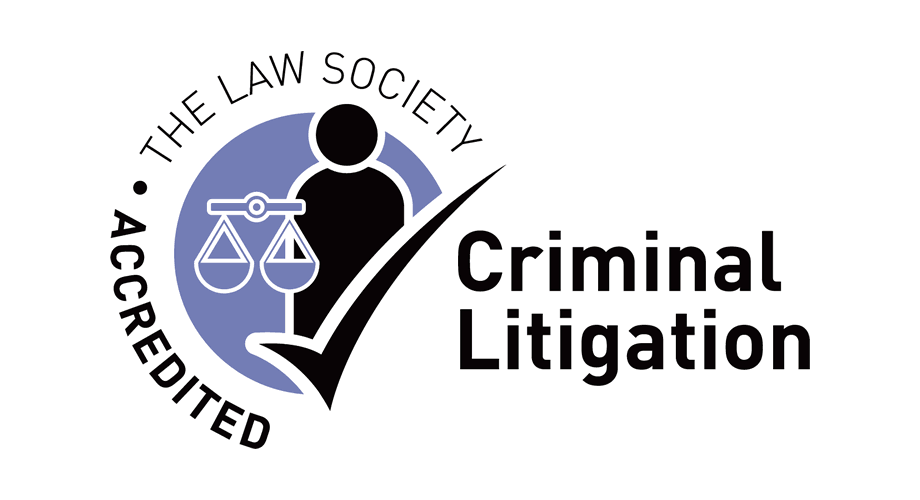0114 249 3222
01246 555 387
If you’ve been with the same mortgage company for a number of years, chances are you might be paying more than you need to for home loan. Remortgaging to a new deal could save you hundreds of pounds a year, so it’s important to review your mortgage regularly to see if better deals are available elsewhere along with instructing a trusted independent legal advisor for your conveyancing.
What is remortgaging?
Remortgaging is where you change the mortgage that you have on your property, either by switching it to a new mortgage company, or by moving to a different deal with your current lender.
Why remortgage?
The main reason people decide to remortgage their property is to save money, usually by finding a lower interest rate on the amount being borrowed. Other people remortgage to release money from their property, known as “equity”, to pay for things such as home improvements like a conservatory, pay off other debts, obtain a deposit for a buy to let investment, etc.
How you can save
When you first obtain a mortgage, you usually sign up to a fixed rate for a certain period of time where this is a fixed rate of interest for a specified number of years. There are also tracker deals, which follow the Bank of England’s base rate, plus a certain percentage on top of this. In the circumstances where you have taken out a capped mortgage deal, the rate of interest will increase or decrease dependent upon certain conditions, but usually with a guarantee that it will not go above a specified amount.
A large number of mortgage deals only last for a few years and when they expire, they usually automatically move onto the mortgage company’s standard variable rate (SVR), which will often be higher than the previous rate within the fixed period. However, you don’t have to settle for the SVR, or even stay with the same mortgage company, for the remainder of the whole mortgage term.
It is possible to leave your mortgage company even within the fixed period, however you should always check to see what penalties might be payable if you do.
Remortgage fees
Similar to buying a property, they are often fees to pay when you remortgage, such a booking fee to reserve the mortgage product you want, often around £99.00 to £250.00, along with an arrangement fee, which could be as high as £2,000.00, being the amount you pay for the mortgage to actually be set up. Often you might not have to pay this straightaway and instead can ask for it to be added to your mortgage, however of course this means that you’ll pay interest on it.
Another standard fee to expect is the valuation fee, which pays for a survey of the property to be carried out on behalf of the lender providing the mortgage. This will check that the property’s value is sufficient for the remortgage amount. This can cost anywhere between £150.00 and £1,500.00, depending upon the value of the property and how detailed the survey is.
The good news though is that sometime, provided you find the right mortgage deal, the mortgage company will pay your legal fees for you as a way of attracting you to their product, which could mean that your remortgage actually costs you nothing.
Whatever the costs may be, the savings that can be made make from remortgaging almost always make it worthwhile.
Which kind of remortgage deals are there?
There are a number of deals out there and here we touch upon the main ones.
Probably the most popular is to have a deal where your monthly mortgage payments don’t change over a certain period of time. If you’re looking for this, then a fixed rate mortgage will be your best option. These types of mortgage deals tend to run for between 2 and 5 years, though can also be longer.
The benefit is that, during the fixed period, you will know exactly how much your monthly payments will be, however if you wish to repay the mortgage during this time, there will likely be repayment penalties to pay. More good news is that you can often redeem the mortgage to move house without a penalty, provided that you transfer the product to your new property.
The main risk to a fixed rate mortgage is that if interest rates begin to fall, you could find yourself stuck with a relatively high rate of interest for the fixed period when lower rates are available elsewhere.
If you would prefer a variable rate mortgage, but wish to ensure that the interest rate payable doesn’t exceed a certain figure, then a capped rate mortgage might be for you. With this deal, the interest rate cannot go higher than a certain amount. This deal makes sure that your monthly payments do not become unaffordable payments the specified capped period, however you will probably find that these rates are higher than the equivalent fixed rate.
Discounted mortgages, which provide a discount off a specific interest rate, usually the mortgage company’s SVR, are also variable, which means that your monthly payments could go up or down during the fixed period. However, unlike with a capped rate mortgage, there is no limit on the amount that they could increase by. These types of deals may be cheaper initially, but repayments can increase significantly during the term of your deal so tread carefully.
Tracker mortgages are another type of variable rate mortgage, with these usually following the Bank of England base rate at a certain amount above or below it. The amount you need to repay decreases if the base rate drops, however increases if it rises which can make planning difficult.
How to remortgage
To consider a remortgage, you can speak directly to a bank, however they will usually only offer their own products, or you could use an independent mortgage broker, who will have access to a wide range of products to give you more chance of obtaining the best deal.
Your first step however should always be to check whether there are any redemption penalties if you move from your existing deal. Often if there are, the benefit of a lower interest rate is swallowed by the penalty that you have to pay to get out of your existing deal. If there aren’t any penalties to pay, likely as your fixed term has expired, once you’ve found the best remortgage deal for you, you should get together the same information that you needed when you first applied for a mortgage, but obviously that which is relevant to the current time, for example, identification, up to date earnings information, details of outgoings, etc.
The new mortgage company will likely require a valuation of your property before it will agree to a mortgage. This will be arranged for you. Once the valuation has been agreed, your solicitor will do the rest, with the remortgage usually completing in around 6 to 8 weeks.
You should always compare as many remortgage deals as possible, with using an independent mortgage broker the most effective and easiest to do so, to ensure that you get the right deal for your circumstances.
Although it might seem that remortgaging is a hassle you could do without, it could save you a great deal of money. There’s a great deal to remortgaging a property and you should always do your homework for every step, from finding the right bank or independent mortgage broker, to ensuring that you obtain the right mortgage deal, to, most importantly, finding the best solicitor or licensed conveyancer, such as at Metcalfe David Eyres Sheffield or Chesterfield.
Looking for a solicitor to assist you? Contact us today


